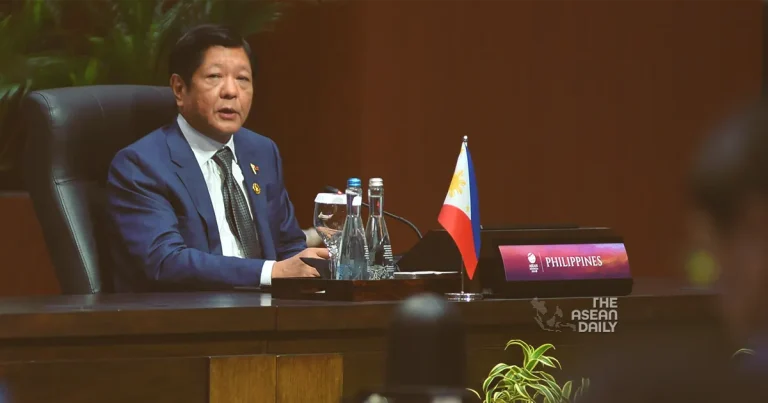4-3-2024 (MANILA) In a bid to address the escalating tensions in the South China Sea, Philippine President Ferdinand Marcos Jr stated on Monday that his country remains open to cooperation with China. However, he emphasized that the Philippines will firmly resist when its sovereignty, sovereign rights, and jurisdiction in the contested region are disregarded.
Since assuming office in 2022, President Marcos has witnessed a strain in relations between the Philippines and China. The two neighbours have engaged in repeated disputes over contested features in the South China Sea, coinciding with Manila’s efforts to strengthen defense ties with its traditional ally, the United States.
During a visit to Australia and speaking at a Lowy Institute forum, President Marcos underscored the need to shift focus away from the superpower rivalry between the United States and China. He argued that such emphasis could overshadow the legitimate maritime interests of other nations in the region.
Highlighting concerns about aggressive, unilateral, and unlawful actions, President Marcos accused China of violating the rule of international law and the principles of the United Nations Charter. This departure from the pro-China stance of his predecessor is evident in Marcos’s condemnation of China’s alleged aggressive acts in the Philippines’ exclusive economic zone, including the use of water cannon and collision tactics to expel Philippine vessels from areas claimed by Beijing.
Under President Marcos, the Philippines has expanded the number of bases accessible to US forces, a move seen by China as provocative. Military exercises between the US and the Philippines have extended to include joint air and sea patrols over the South China Sea and near Taiwan, actions perceived by China as provocations and interference.




